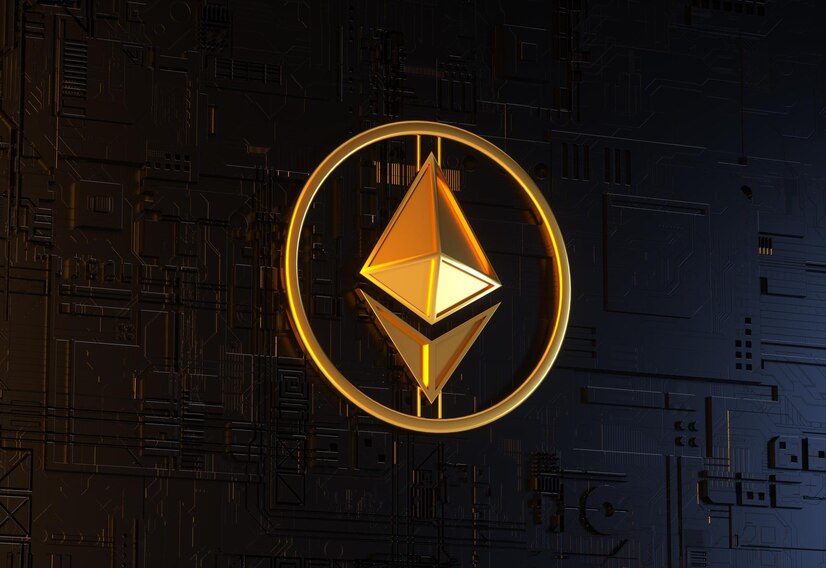Ethereum is a blockchain-based platform that is revolutionizing our everyday interactions and interactions between individuals. Equipped with an impressive range of features, Ethereum allows users to quickly create decentralized applications (dApps) and smart contracts of their own with its user-friendly platform. This comprehensive guide will cover everything you need to know about Ethereum from basic understanding through advanced topics; covering what it is, how it works and the major players involved.
1) How Does Ethereum Work?

Gaining an understanding of how Ethereum operates is essential to comprehending this guide. Ethereum is a decentralized, open source blockchain-based smart contract platform which enables individuals to create decentralized applications (dApps) and smart contracts without being hosted on one server; meaning no single entity controls its operation.
Instead, Ethereum is hosted across thousands of computers around the globe and open source allows anyone to view its code and make any necessary modifications; while smart contract allows people to create and interact with contracts.
2) Major Players In The Ethereum Ecosystem

The Ethereum Foundation: This organization is responsible for developing the Ethereum blockchain. Their core team resides in Switzerland and includes researchers and engineers with diverse backgrounds and cultures. – Consensys: Consensys is a venture production studio and on-demand software development firm located in Brooklyn.
Crypto Investors: Crypto investors refers to individuals who purchase cryptocurrency through Initial Coin Offerings (ICOs) or other means; typically trading their ETH on cryptocurrency exchanges.
3) Ethereum Use Cases

Ethereum’s applications are seemingly limitless; yet as an emerging technology it continues to quickly develop. Here are a few real-world use cases for Ethereum: Decentralized exchanges: These exchanges don’t rely on one central server but instead enlist multiple people as administrators to maintain and keep running their network.
If one person leaves, the others remain to keep the exchange going. – Prediction markets: Prediction markets enable users to make predictions about future events; should their predictions prove accurate, they’ll be rewarded financially if correct.
4) Ethereum Development Tools And Technologies

As Ethereum grows in popularity, more companies are developing tools and technologies that make creating and deploying apps on Ethereum easier for developers. Below are some of the key ones.
Solidity is a programming language designed specifically for use on the Ethereum Virtual Machine and is one of the most commonly used tools for developing applications and smart contracts on Ethereum. Truffle provides a development framework which makes creating and deploying decentralized apps (dApps) on Ethereum easier than ever.
5) Exploring The Future Of Ethereum

Now that you understand the fundamentals of Ethereum, you can begin envisioning its practical applications in real life. As this technology develops further, more applications and use cases may emerge for it; its future looks bright and its various features make it worth keeping an eye on.
Also Read :- What You Need to Know About NEO Coin
Are You Exploring Ethereum to Develop Dapps? This guide has all of the answers to help get you up-and-running quickly.
